Can You Get A Tattoo Over A Bruise?
Learn the effects of tattooing over a bruise, how to deal with it, and precautions to take
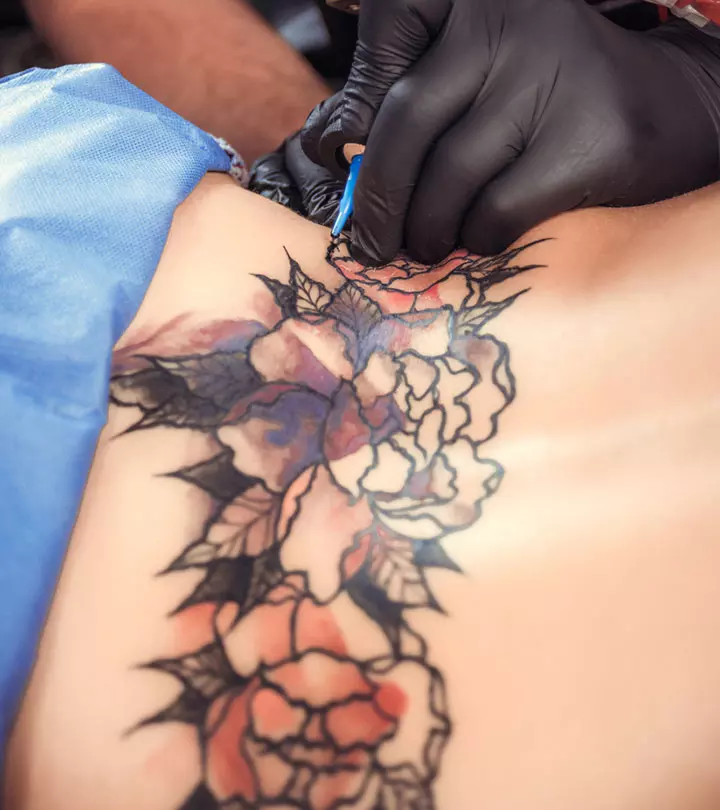
Image: iStock
You are fully prepared for your tattoo appointment – you know what design you want, what time to arrive, what to eat, everything! However, you suddenly hurt yourself and find a bruise on the area you want the design on. So of course the big question on your mind is – Can you tattoo over a bruise?

Well, it is not very unlikely to get hurt around the tattoo placement area before your appointment! Turns out that quite a few people have dealt with this problem. It is a genuine concern to wonder if you can get a tattoo over the hurt area. Bruises can be small or severe and the degree of damage on the skin should be considered before making the decision to get inked or not. It also depends on your pain threshold and if you have had a tattoo before. There are a lot of affecting factors that make this decision difficult. If a similar situation has brought you here, don’t worry. Learn everything you need to know about whether or not you can tattoo over a bruise, right here. Scroll down to know more!
In This Article
Can You Get A Tattoo Over A Bruise?
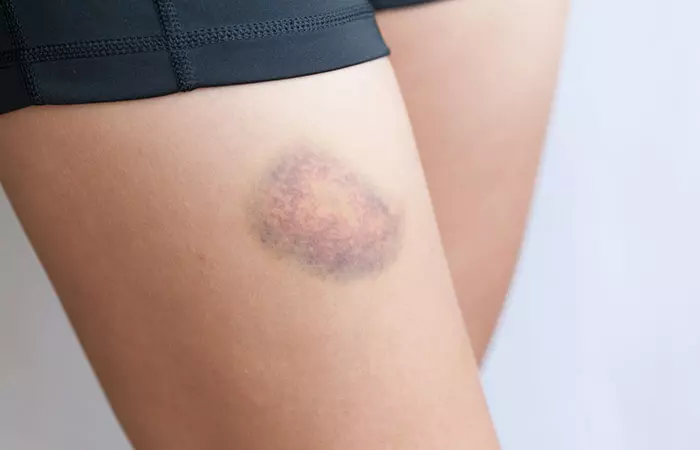
So, is it impossible to tattoo over a bruise? No. Should you get a tattoo over a bruise? Also no.
A bruise is essentially an internal wound that happens due to trauma caused to the area. The soft tissues and blood vessels in that area get damaged, leading to some internal bleeding. The blood underneath makes the skin around the area appear blue, black, purple, or gray. And if you want to get a tattoo, you should know that a tattoo itself is a wound on the skin. It is created by penetrating the skin with a needle and depositing the tattoo ink in the dermis. It is not the best idea to irritate your already traumatized skin by getting a tattoo over a bruise.
 Did You Know?
Did You Know?If you do decide to still get tatted despite the bruise, there are a few potential issues that could arise. Scroll down to learn about the effects of tattooing over bruises.
Key Takeaways
- Getting a tattoo over bruised skin is not recommended because it leads to further damage. It also takes longer to heal, causes more pain, and is difficult to manage.
- Applying ice packs and minimizing sun exposure helps heal bruises.
- If you get a tattoo over a bruise, keep the area elevated, limit sun exposure, and avoid soaking the skin.
What You Should Know About Tattooing Over A Bruise
Now you know that you should not sit for a tattoo session when you have a fresh bruise on the intended area. However, if for whatever reason you decide that there is no way you can avoid this, here are some important factors that you should know about bruises and tattoos –
1. It Will Hurt More
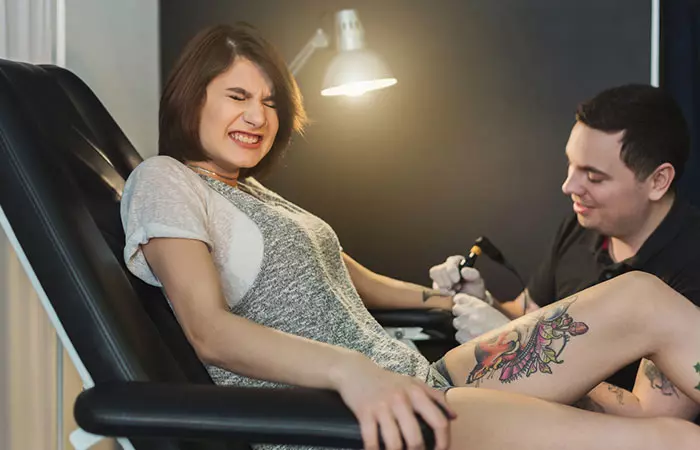
When you get a tattoo over a bruise, the tattoo needle is working on already damaged skin. This further disturbs the blood vessels underneath the wounded area during the tattoo session, leading to a more heightened sense of pain and discomfort. If you have a low pain threshold and you get a bruise on a sensitive tattoo location, such as the inner wrists, armpits, inner elbow, ribs, fingers, back of the knee, and kneecaps, it is advisable that you wait until the bruise heals.
2. It Will Take Longer To Heal
Under normal circumstances, the healing process of a fresh tattoo takes about 3-4 weeks or a month with proper aftercare. However, the skin cells on a bruised area are damaged much more than they would be in case of healthy skin. Additionally, the risk of infection would be higher because of the damaged skin, subsequently delaying the healing process.
3. Getting A Colored Tattoo Will Be Difficult
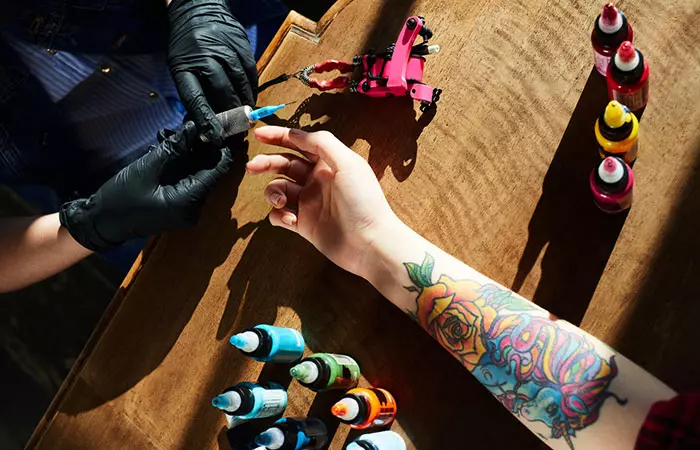
Fresh bruises cause the color of the skin to turn blue, purple, brown, black, gray, or green. This is a physical manifestation of the damaged blood cells or vessels underneath the skin. A black ink tattoo may be doable. But the discoloration of the skin would make it very difficult for a colorful or cosmetic tattoo with shading, even for an experienced tattoo artist.
 Did You Know?
Did You Know?These are a few ways getting tattoos on bruised areas will affect you. It is why tattooists avoid inking these areas. Scroll to the next section to know how it affects the tattoo artist’s work.
Why Most Tattoo Artists Won’t Tattoo Over Bruises
Even the most experienced and expert professional tattoo artist would say no to tattooing over a fresh bruise. The most important reason for a tattoo artist to refuse a tattoo session over bruised skin is simple; it is extremely difficult to tattoo over fresh bruises.
The discoloration of the skin, or rather change in skin tone, creates problems for the artist if the design involves color tattoos and shading. The design may not come out as clear or bright as it would otherwise.
Plus, there is an increased chance of complications during the tattooing process, like bleeding. Some degree of blood flow is normal during a tattoo session. However, in the case of bruised skin, there may be excess bleeding causing the artist to lose clear view. Therefore, any tattoo artist, honest and passionate about their work, will refuse to tattoo over a bruise. But they will also advise how long you need to wait for proper healing to ensure the best outcome for your tattoo.
Although it is not advised, if you have got a tattoo over a bruise or bruised your skin after getting a tattoo, move to the next section to learn what you can do to heal the area faster.
How Do I Get Rid of A Bruise On My Tattoo?
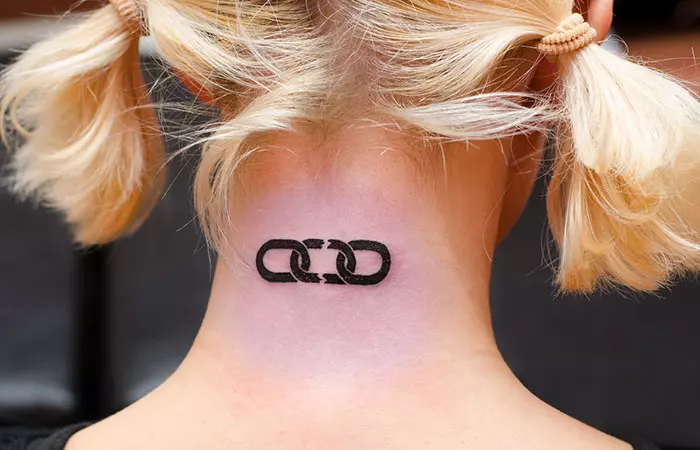
Getting a bruise on your tattoo is not a pleasant experience. Both the tattoo and bruise are forms of damage to your skin. Thankfully, if you have found yourself in such an unfortunate situation, there are a few things you can do to help your tattoo bruise heal faster.
- Wash the bruised, tattooed area with warm water and a gentle antibacterial soap.
- Try to keep the area as dry as possible. Avoid rubbing the area with a towel. Instead, pat dry the area with a clean paper towel or a microfiber towel. You can also let the area air-dry.
- Apply ice, wrapped in cloth, on the area for 10-15 minutes a few times a day to help with swelling and pain.
- You can also apply an arnica ointment or a vitamin K cream to aid healing. However, please consult a doctor before doing so.
- Cover the area with a protective film or tattoo bandage to prevent infection due to foreign object contact.
- Consider seeking medical advice if the bruise does not get better after several days. The bruising could be a sign of a serious underlying health issue.
Tattoo bruising is a common aftereffect that people face. It may be genetic or occurs due to blood thinners. Jason Sorrell, a blogger, shares his healing experience after getting a tattoo. He describes the conditions of his tattoo on day 2 writing, “Still have some redness. The tattoo is still an open wound. The seepage isn’t as bad, and is probably more noticeable contrasted against the green ink. The first layer of skin has yet to grow over the tattoo. Something I forgot from my last tattoo was how much direct sunlight HURTS! (i).”
There are some precautions you should take to prevent worsening tattoo bruising. Scroll down to learn about them.
Precautions To Take After Getting A Tattoo Over A Bruise
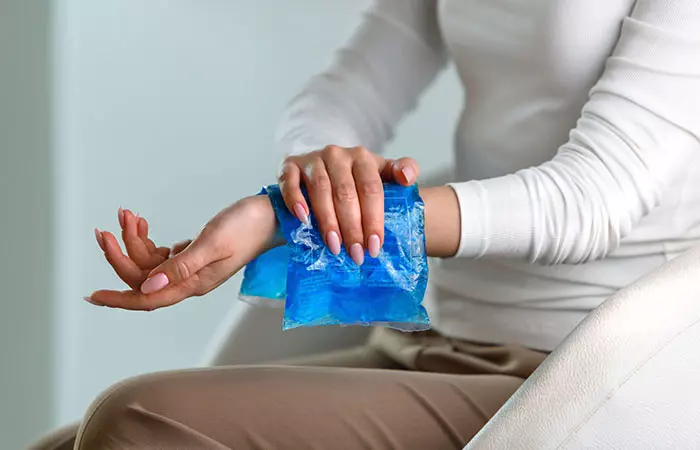
A tattoo is already a compromised patch of skin on your body, add to that a bruise and it is the recipe for a painful time. However, it is not completely hopeless, here a few precautions you can follow after the tattoo process over a bruise for relief and healing-
- Keep the area elevated to reduce swelling.
- Avoid moving the area too much and let it rest.
- Apply ice to reduce swelling and inflammation.
- Apply a light, cold compression to the area to reduce swelling.
- Minimize sun exposure to the area and avoid direct sunlight.
- Avoid soaking your tattoos in hot tubs and swimming pools.
- Wear loose and comfortable clothing that does not rub against the tattooed skin.
- Resist the urge to scratch or pick skin from the area.
- Drink plenty of water and keep yourself hydrated to improve skin health.
- Eat a healthy diet to promote healing.
- Consult a dermatologist to ensure the bruise is not a sign of a more serious health issue.
Frequently Asked Questions
How long does a tattoo bruise last?
The healing process and duration of a tattoo bruise depends on several factors- severity, aftercare, individual healing potential, etc. However, generally it can take up to 2 weeks.
Should I be concerned about bruising around my tattoo?
Light bruising around the tattoo is not a matter of concern and can be an aftereffect of the tattoo needle poking your skin thousands of times.
Can I get a tattoo over a light bruise?
Tattooing over a bruise is generally not advisable. However, if it is a minor bruise and you have considerable pain tolerance, you may go ahead and get the tattoo after consulting with a professional.
Is It Normal For Tattoos To Bruise?
Yes, it may not happen with everyone but tattoo is essentially a wound on your skin and tattoo bruising is one of the ways our skin manifests damage. Tattoo blowout is another common tattoo complication that people face.
Do tattoos bruise while healing?
Yes. Tattoos involve penetrating the skin with a tattoo needle to deposit ink into the skin. Some blood vessels and tissues may get damaged in the tattooing process and it may lead to tattoo bruising.
If you are contemplating getting a tattoo on your bruised skin, understanding the risks involved in it is crucial. Check out this video below to get valuable information and suggestions.
Personal Experience: Source
StyleCraze's articles are interwoven with authentic personal narratives that provide depth and resonance to our content. Below are the sources of the personal accounts referenced in this article.
(i). A Tattoo Healing Processhttps://thetattoonerd.blogspot.com/2013/10/a-tattoo-healing-process.html
References
Articles on StyleCraze are backed by verified information from peer-reviewed and academic research papers, reputed organizations, research institutions, and medical associations to ensure accuracy and relevance. Read our editorial policy to learn more.
- Vitamin K Deficiency
https://www.ncbi.nlm.nih.gov/books/NBK536983/
Read full bio of Ashutosh Bairagi
Read full bio of Gazala Firdos Ansari
Read full bio of Anjali Sayee
Read full bio of Shreya Mukherjee





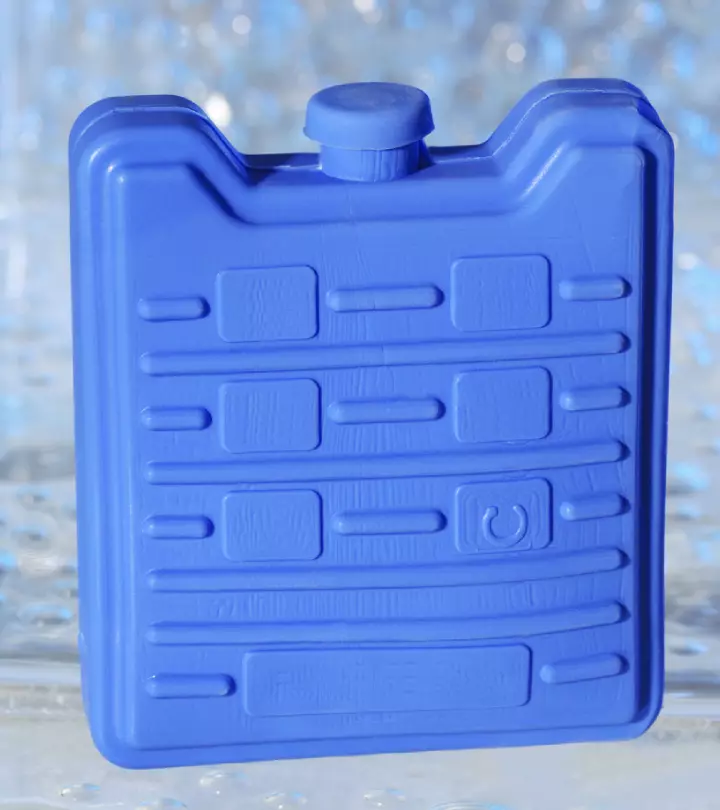
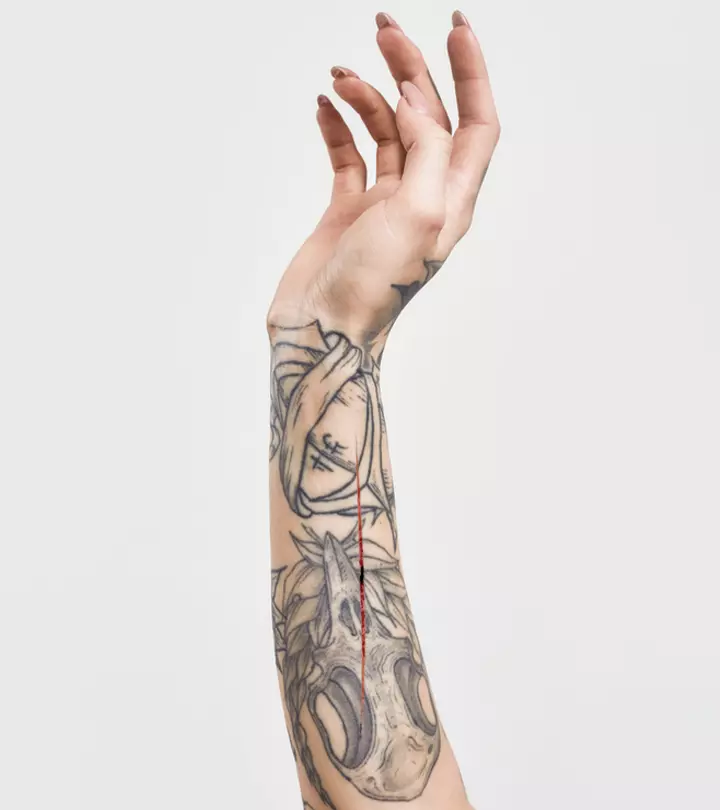
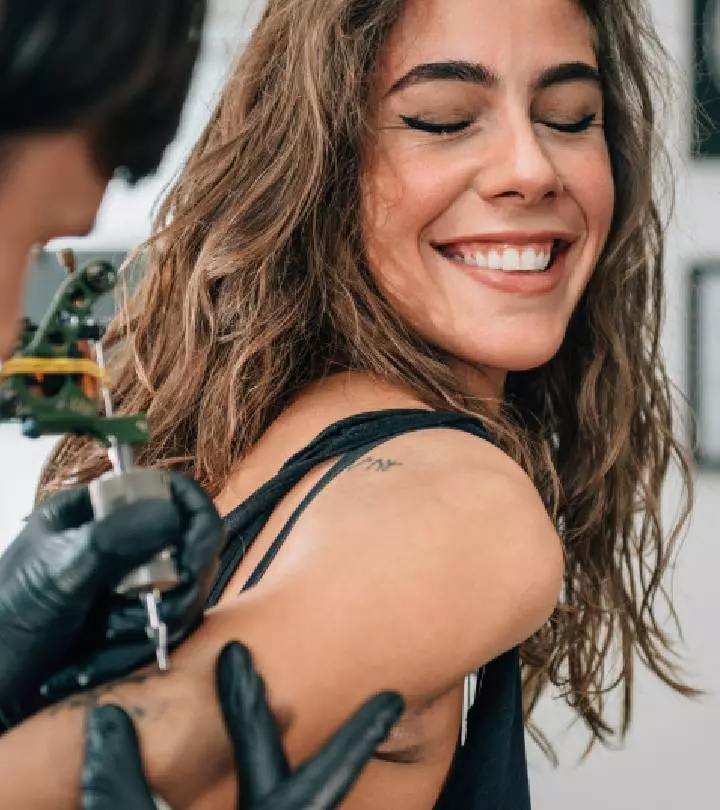
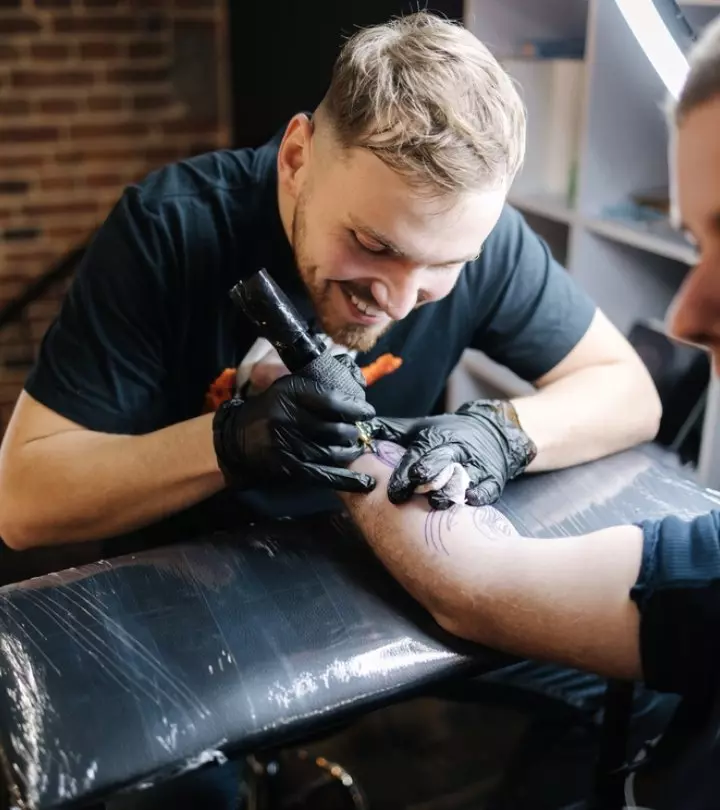
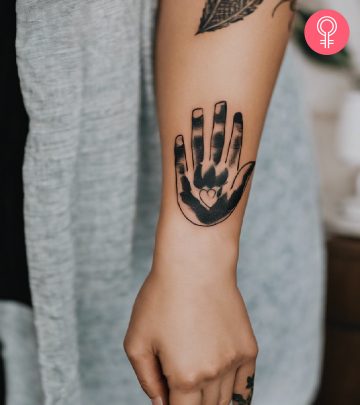
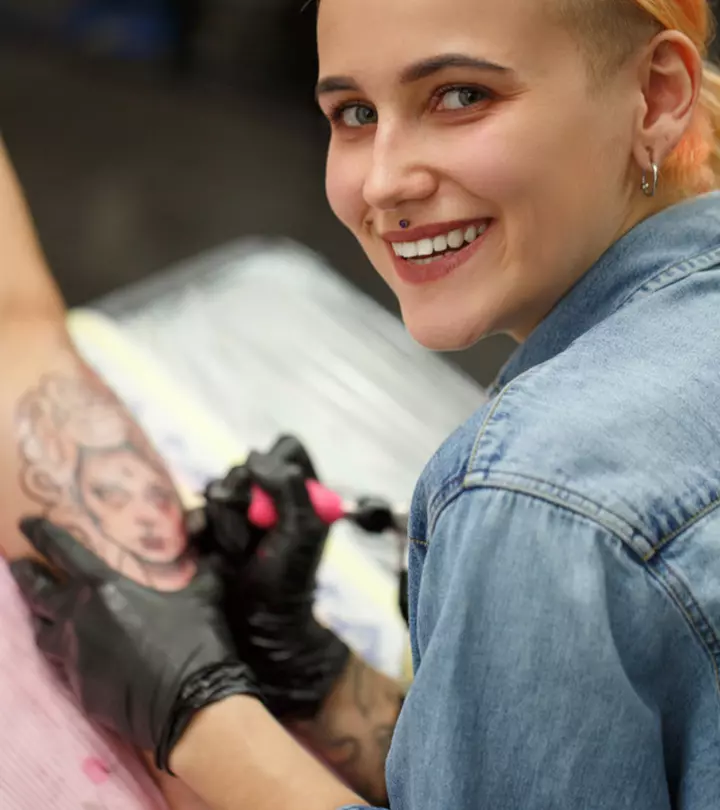

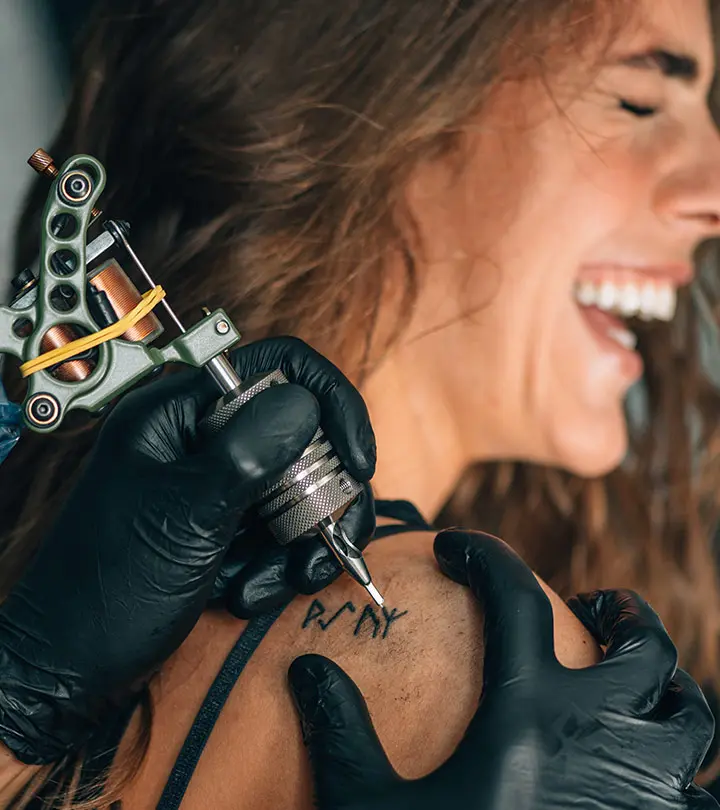

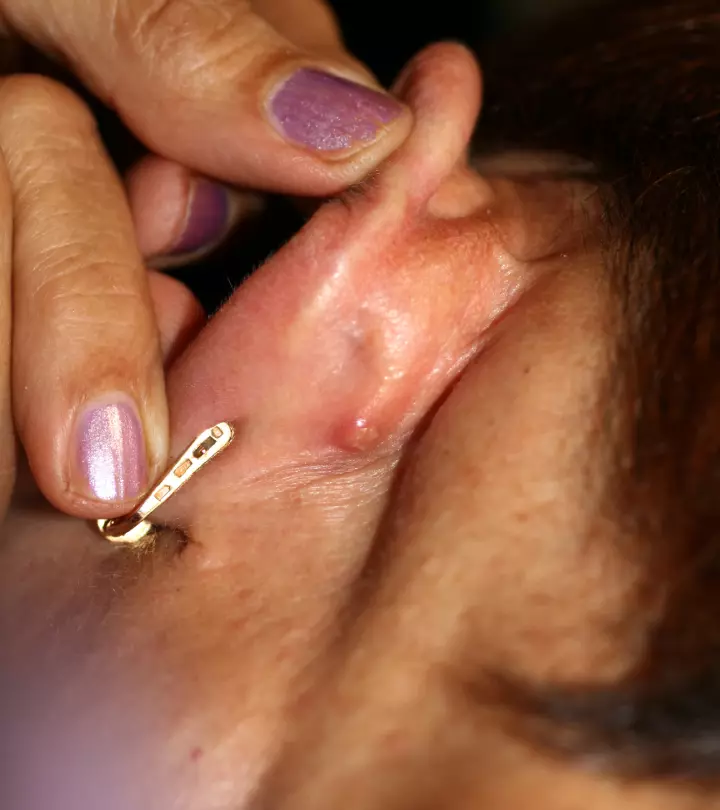
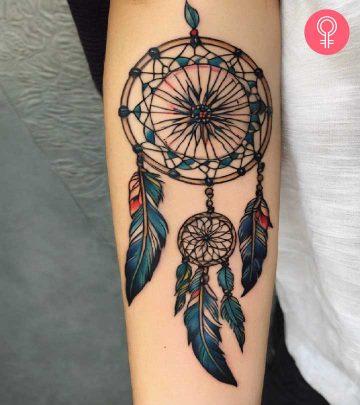
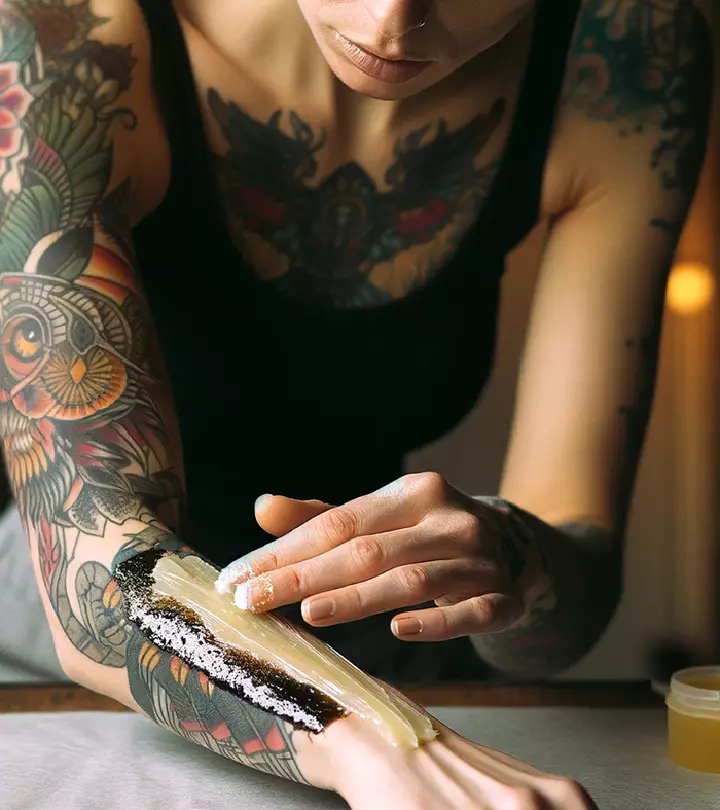


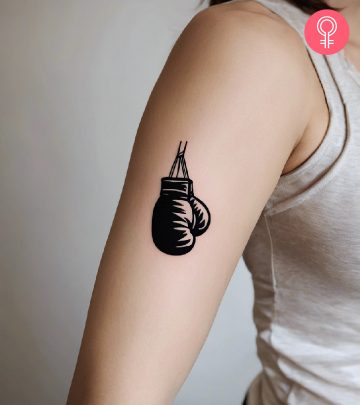

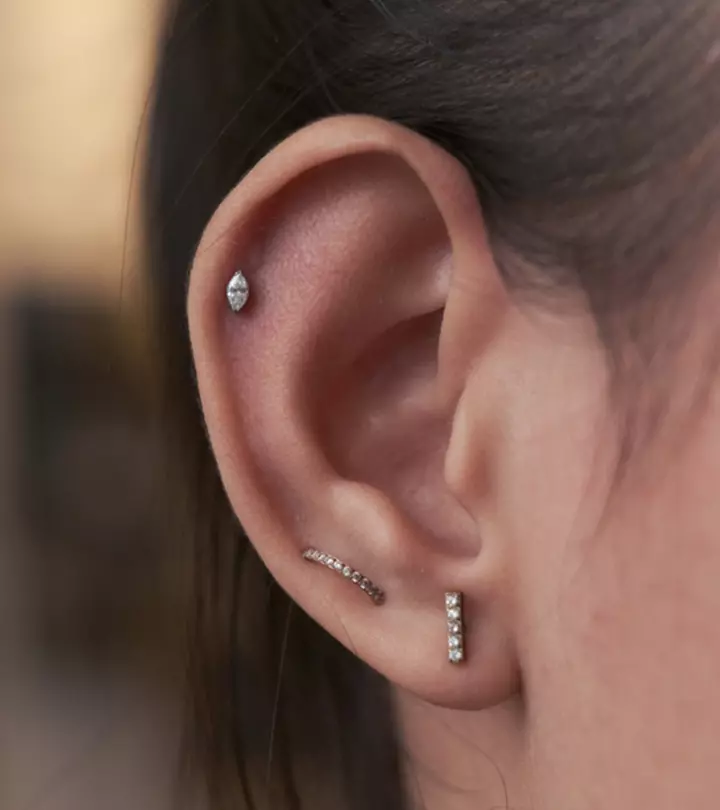
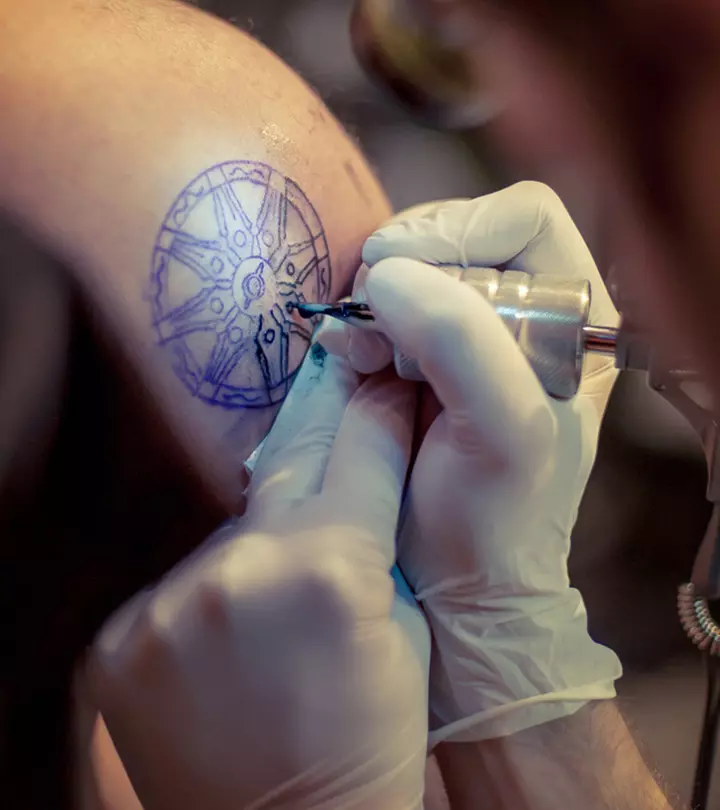
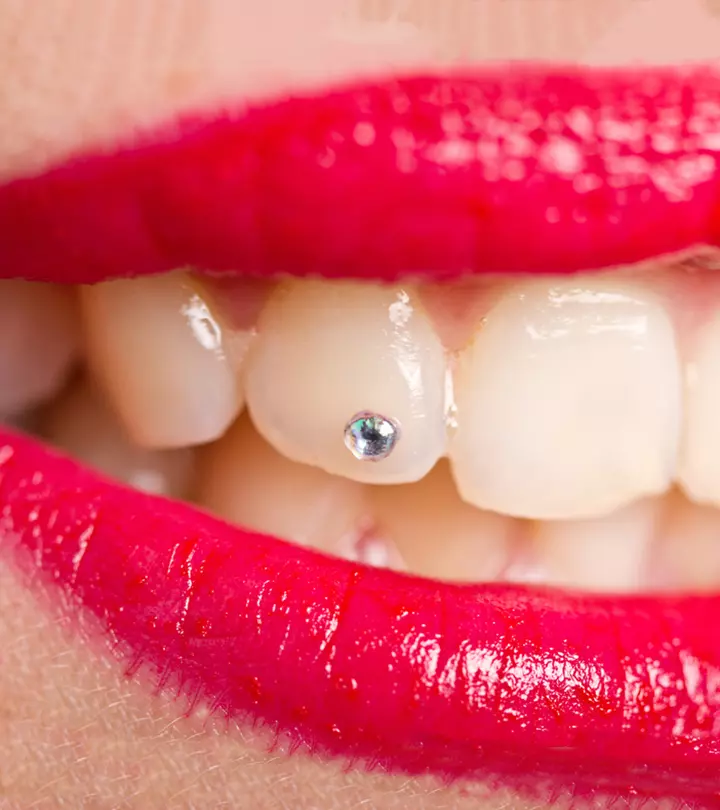

Community Experiences
Join the conversation and become a part of our empowering community! Share your stories, experiences, and insights to connect with other beauty, lifestyle, and health enthusiasts.